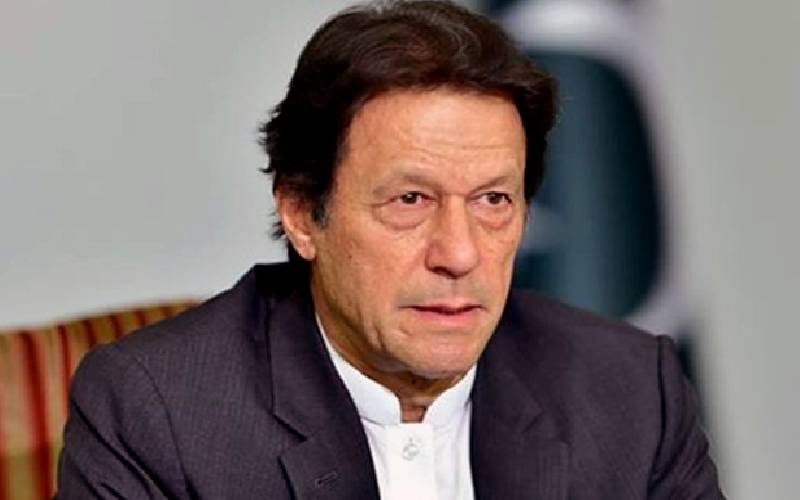×
The Standard e-Paper
Join Thousands Daily

Last Friday, the Prime Minister of Pakistan Imran Khan (pictured) wrote a lengthy opinion article in The Standard in which he beseeched the world to act over the rising tensions between his country and India over Kashmir.